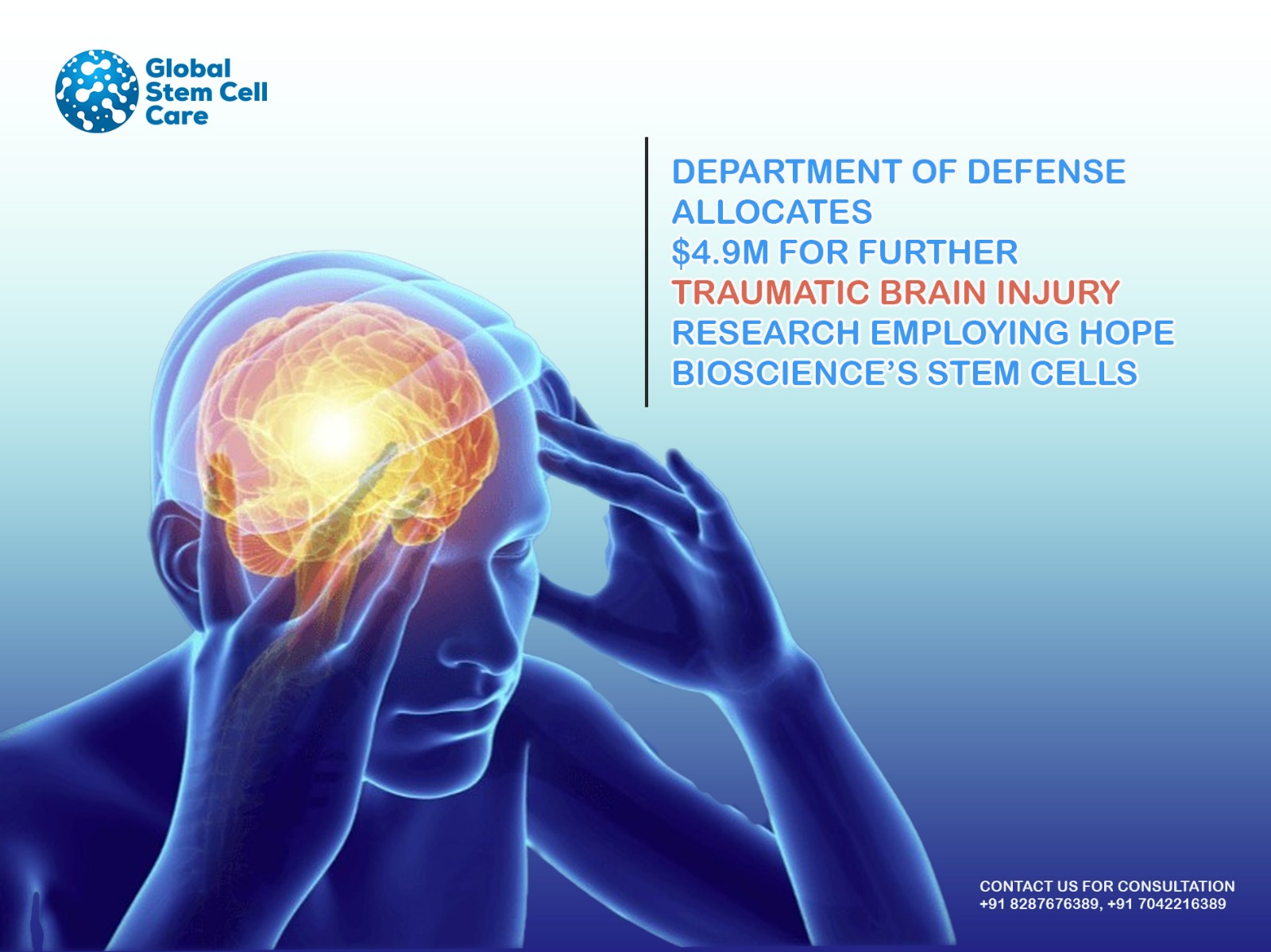UTHealth Houston has been awarded a four-year, nearly $5 million clinical trial grant by the Department of Defense’s Office of Congressionally Directed Medical Research Programs (CDMRP) to investigate if autologous, adipose-derived mesenchymal stem cells (HB-adMSCs) infused intravenously can reduce chronic neuroinflammatory response in individuals with severe traumatic brain injury (TBI).
The Centers for Disease Control reports that approximately 1.5 million Americans are affected by a currently incurable condition every year, resulting in 50,000 fatalities. Moreover, 5.3 million Americans live with permanent TBI-related disabilities, and since 2000, more than 460,000 military service members have been diagnosed with TBI. This makes the award of considerable importance, as it is a major step forward to help those affected by developing treatments.
CEO of Hope Biosciences, Donna Chang, underlined the importance of their technology and stated, “Our repeatable stem cell therapy offers scalability, affordability and rapid delivery over one’s lifetime. Complex conditions like TBI will require sustained and repeated treatment which Hope Biosciences can deliver, potentially benefiting both military and civilian populations.”
In May, during the Cellular Therapies and Transfusion Medicine in Trauma and Critical Care (CTTACC) 2023 Conference in Scottsdale, Arizona, Hope Biosciences presented the sponsored preliminary results from a previous Phase I/IIa, 24- Patient. It was demonstrated that the potential of reducing chronic neuroinflammation could be achieved through repeated administrations of HB-adMSCs intravenously.
Charles S. Cox Jr., MD, the George and Cynthia Mitchell Distinguished Chair in Neurosciences and the Glassell Family Distinguished Chair in the Department of Pediatric Surgery with McGovern Medical School at UTHealth Houston say, “The funding for the Department of Defense Congressionally Directed Medical Research Program Phase 2 trial is a strong step forward in the treatment of the chronic after-effects of traumatic brain injury and it is based upon solid results from the Phase 1 study in terms of safety and treatment signal.”
The Department of Defense’s first financial contribution to UTHealth Houston’s and Hope Biosciences’ joint venture is being presented in the form of this award. “Receipt of federal funding for research using Hope Biosciences’ stem cells is a deeply personal occasion” depicts Jan Shultis, a Naval Academy graduate, he joined the Hope Biosecineces after 13 years in duty. “TBI is part of my story and that of scores of family members and friends who served. We’ve been waiting for a solution. Vital though research is, men and women with boots on the ground need access now to deployable technology that supports current and future needs. Hope’s scalable infrastructure, an unprecedented position in the cell therapy landscape, carries the promise of real-world application not only for those serving today but also for veterans living with injury.”
Pending approval from UTHealth Houston’s Institutional Review Board, the planned multi-centre Phase II study is due to start enrolling participants in September.
Up to now, MSCs cultured at Hope Biosciences, located in Sugar Land, Texas are already in the seventh year of operation and research and have applied to more than 35 FDA-approved clinical trials that covered a wide range of conditions including degenerative disease, autoimmune disease and chronic injury.
